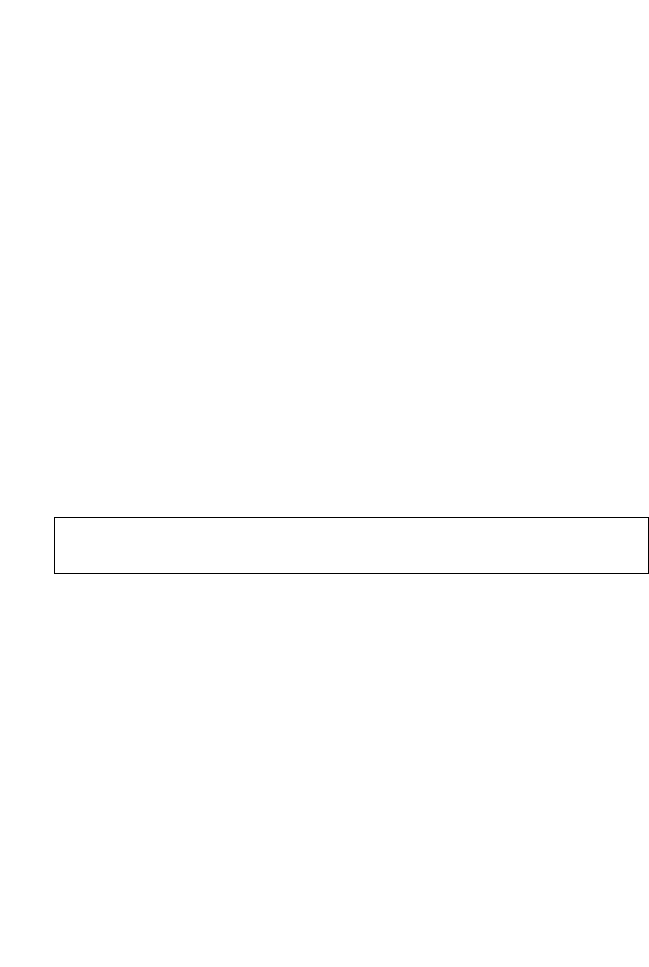
S
YSTEM
M
ANAGEMENT
C
OMMANDS
4-39
Command Usage
• If anyone tries to access a management interface on the switch from an
invalid address, the switch will reject the connection, enter an event
message in the system log, and send a trap message to the trap manager.
• IP address can be configured for SNMP, web and Telnet access
respectively. Each of these groups can include up to five different sets of
addresses, either individual addresses or address ranges.
• When entering addresses for the same group (i.e., SNMP, web or Telnet),
the switch will not accept overlapping address ranges. When entering
addresses for different groups, the switch will accept overlapping address
ranges.
• You cannot delete an individual address from a specified range. You
must delete the entire range, and reenter the addresses.
• You can delete an address range just by specifying the start address, or
by specifying both the start address and end address.
Example
This example restricts management access to the indicated addresses.
show management
This command displays the client IP addresses that are allowed management
access to the switch through various protocols.
Syntax
show management {all-client | http-client | snmp-client |
telnet-client}
• all-client - Adds IP address(es) to the SNMP, web and Telnet groups.
• http-client - Adds IP address(es) to the web group.
• snmp-client - Adds IP address(es) to the SNMP group.
• telnet-client - Adds IP address(es) to the Telnet group.
Command Mode
Privileged Exec
Console(config)#management all-client 192.168.1.19
Console(config)#management all-client 192.168.1.25 192.168.1.30
Console#


















